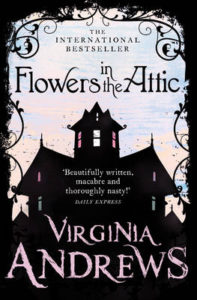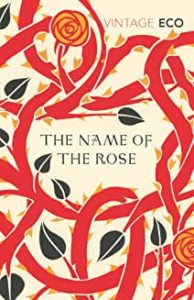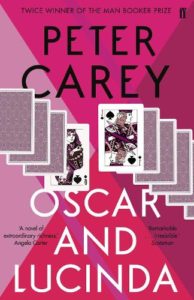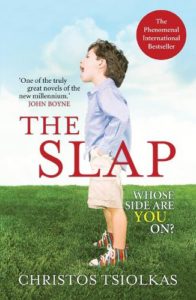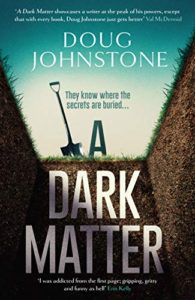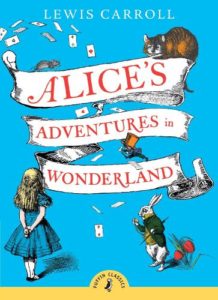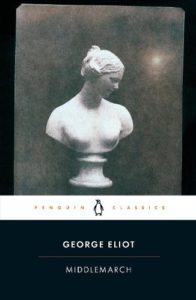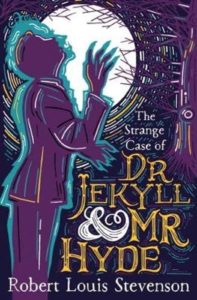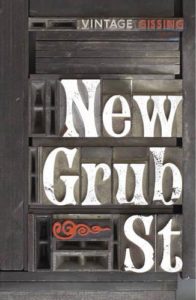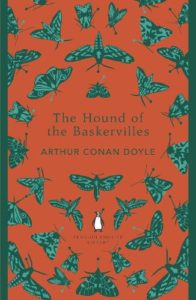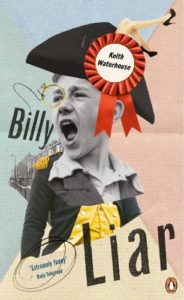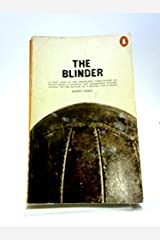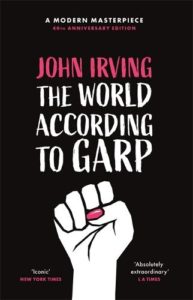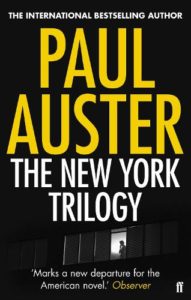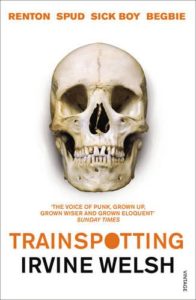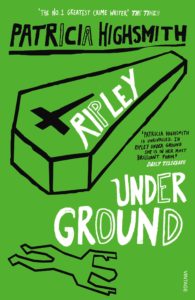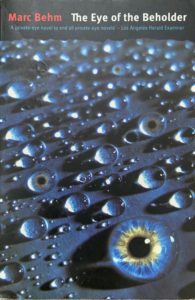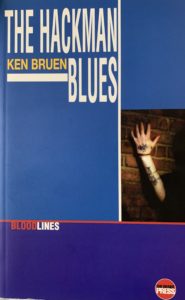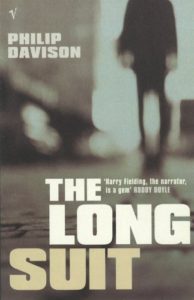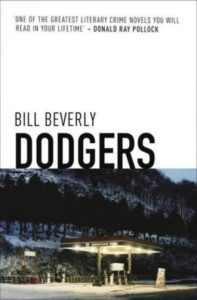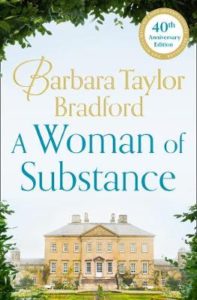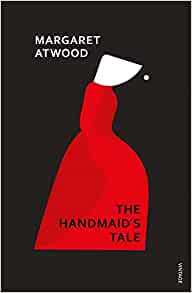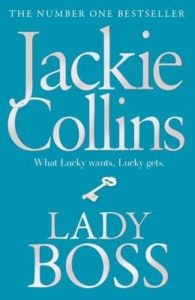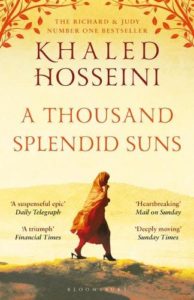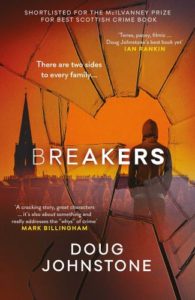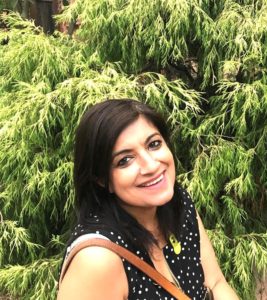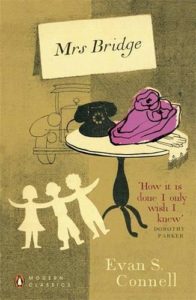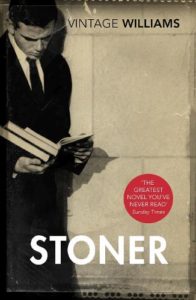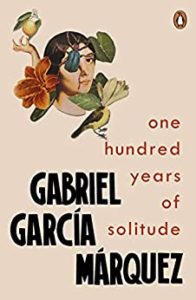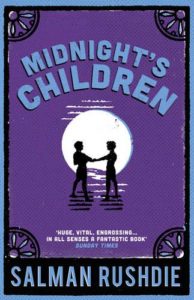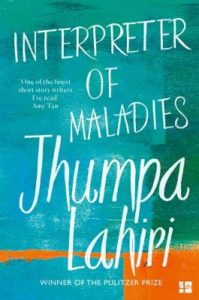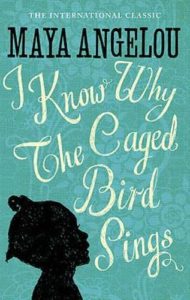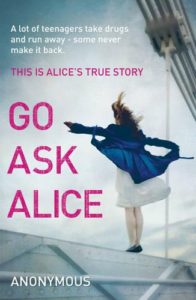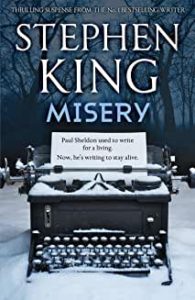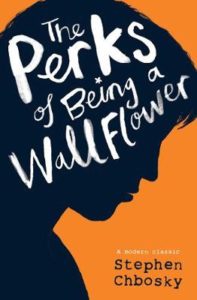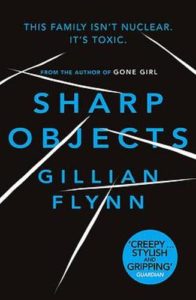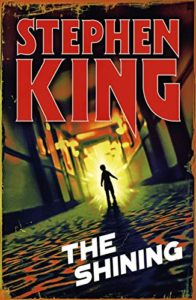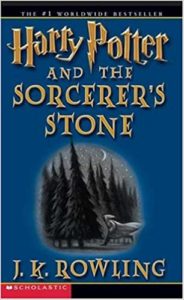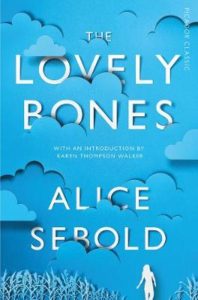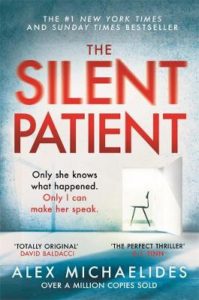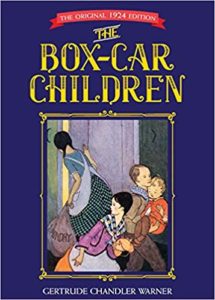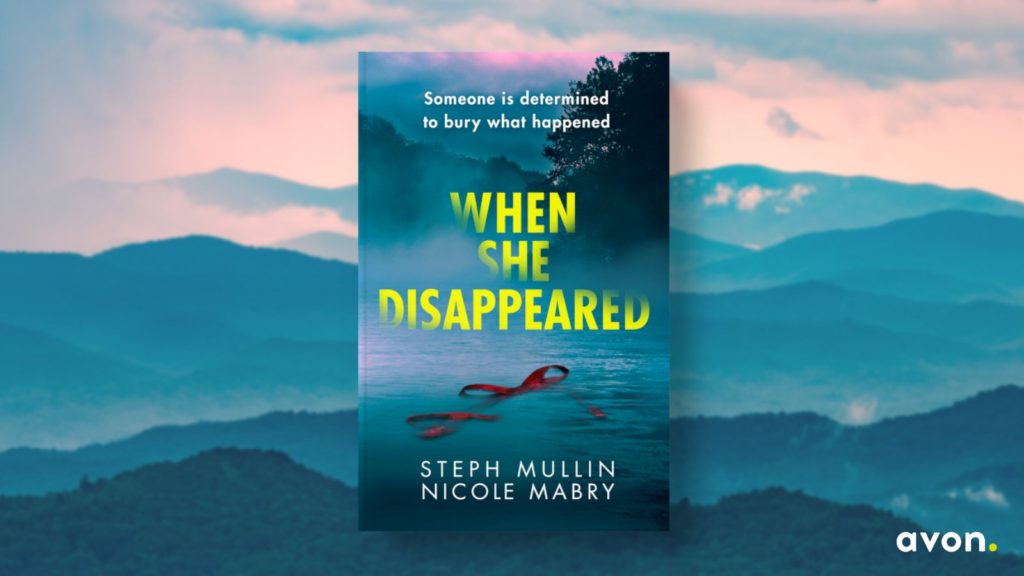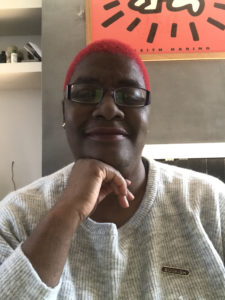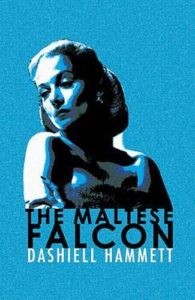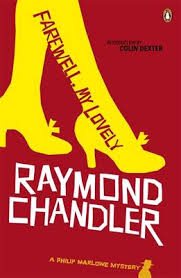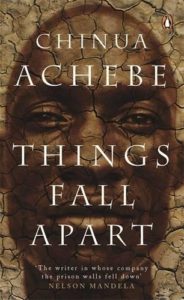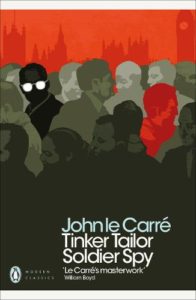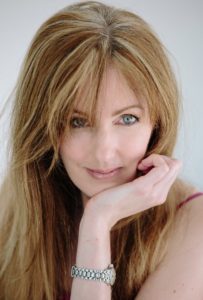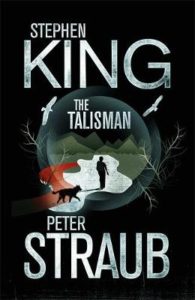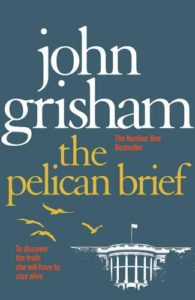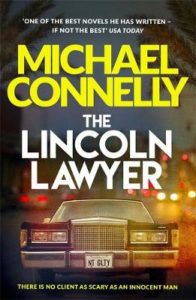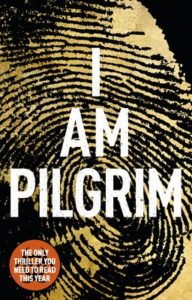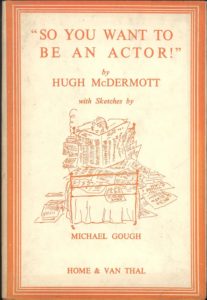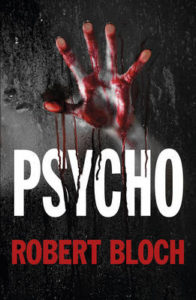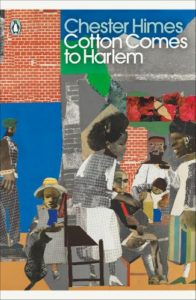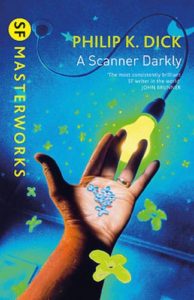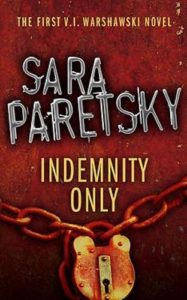Decades: Compiling The Ultimate Library with Helen FitzGerald
My Decades Library grows. Each week I am joined by a booklover (authors, pubishers, bloggers or journalists) and I ask them to nominate five new books which they think should be included in my Ultimate Library. I started this challenge back in January 2021 and since then over 70 guest curators have joined me and selected some of their favourite reads which they feel the very best library should have available for readers to enjoy.
My guests don’t quite get to choose their five “favourite” books as I impose a couple of rules on their selections which means some books just don’t get to be included – I am told this can cause a bit of heartache and I do sometimes feel bad about this.
The reason I describe my Library as the Decades Library is beacuse of the rules governing selections:
1 – Choose Any Five Books
2 – You May Only Choose One Book Per Decade from Five Consecutive Decades.
So it’s selections from a fifty year publication span and means the fans of Tom Clancy can’t just pick all the Jack Ryan books – I initially hoped these rules would bring a broader range of reads to choose from and this seems to have been the case. Incidentally – in 18 months of Decades selections I haven’t had a single Tom Clancy book nominated.
Today I am delighted to be joined by Helen FitzGerald. Helen’s latest book, Keep Her Sweet, is published by Orenda Books (who also made five Decades selections). You can order a copy of Keep Her Sweet here: https://www.amazon.co.uk/Keep-Her-Sweet-Helen-FitzGerald/dp/1914585100/ref=tmm_pap_swatch_0?_encoding=UTF8&qid=1650564375&sr=8-1
Helen FitzGerald is the bestselling author of ten adult and young adult thrillers, including The Donor (2011) and The Cry (2013), which was longlisted for the Theakstons Old Peculier Crime Novel of the Year, and adapted for a major BBC drama. Her 2019 dark-comedy thriller Worst Case Scenario was a Book of the Year in the Literary Review, Herald Scotland, Guardian and Daily Telegraph, shortlisted for the Theakston’s Old Peculier Crime Novel of the Year, and won the CrimeFest Last Laugh Award. Helen worked as a criminal justice social worker for over fifteen years. She grew up in Victoria, Australia, and now lives in Glasgow with her husband. Follow Helen on Twitter @FitzHelen
DECADES
Up in the attic, four secrets are hidden. Four blonde, beautiful, innocent little secrets, struggling to stay alive…
Chris, Cathy, Cory and Carrie have perfect lives – until a tragic accident changes everything. Now they must wait, hidden from view in their grandparents’ attic, as their mother tries to figure out what to do next. But as days turn into weeks and weeks into months, the siblings endure unspeakable horrors and face the terrifying realisation that they might not be let out of the attic after all.
Helen shared with me that she read this when she was 13 (which may explain why she smuggled the book into the house). It’s definately a book which resonates with Decades Curators, Susi Holliday also made this choice when she picked her five and also suggested that she read it at an impressionable age.
Twice adapted for film, Flowers in the Attic was the first in a series which saw seven sequels follow over the years.
The year is 1327.
Franciscans in a wealthy Italian abbey are suspected of heresy, and Brother William of Baskerville arrives to investigate.
When his delicate mission is suddenly overshadowed by seven bizarre deaths, Brother William turns detective. He collects evidence, deciphers secret symbols and coded manuscripts, and digs into the eerie labyrinth of the abbey where extraordinary things are happening under the over of night.
A spectacular popular and critical success, The Name of the Rose is not only a narrative of a murder investigation but an astonishing chronicle of the Middle Ages.
Selling over 50 million copies worldwide, no doubt boosted by the film of the same name which starred Sean Connery and Christian Slater, this biblical crime thriller was ranked 14 in Le Monde’s top 100 books of the century.
Peter Carey’s novel of the undeclared love between clergyman Oscar Hopkins and the heiress Lucinda Leplastrier is both a moving and beautiful love story and a historical tour de force set in Victorian times.
Made for each other, the two are gamblers – one obsessive, the other compulsive – incapable of winning at the game of love.
Winner of the 1998 Booker Prize the book was also adapted into a film which starred Ralph Fiennes and Cate Blanchett.
At a suburban barbecue one afternoon, a man slaps an unruly boy.
The boy is not his son.
It is a single act of violence, but the slap reverberates through the lives of everyone who witnesses it happen.
Christos Tsiolkas presents the impact of this apparently minor domestic incident through the eyes of eight of those who witness it. The result is an unflinching interrogation of the life of the modern family, a deeply thought-provoking novel about boundaries and their limits…
The story is told through the voices of eight characters, in third person and each in a chapter of their own. Events after the incident are outlined chronologically through each character’s story.
The Slap won the Commonwealth Writers Prize in 2009 and has twice been adapted into a mini-series.
Three generations of women from the Skelfs family take over the family funeral home and PI businesses in the first book of a taut, gripping page-turning and darkly funny new series.
Meet the Skelfs: well-known Edinburgh family, proprietors of a long-established funeral-home business, and private investigators…
When patriarch Jim dies, it’s left to his wife Dorothy, daughter Jenny and granddaughter Hannah to take charge of both businesses, kicking off an unexpected series of events. Dorothy discovers mysterious payments to another woman, suggesting that Jim wasn’t the husband she thought he was. Hannah’s best friend Mel has vanished from university, and the simple adultery case that Jenny takes on leads to something stranger and far darker than any of them could have imagined.
As the women struggle to come to terms with their grief, and the demands of the business threaten to overwhelm them, secrets from the past emerge, which change everything…
Shotlisted for the 2020 McIlvanney Prize (Scottish Crime Book of the Year) A Dark Matter introduced readers to The Skelfs – a much loved Edinburgh Family who have subsequently appeared in two further novels and will return later this year for a fourth outing in Black Hearts.
DECADES WILL RETURN

